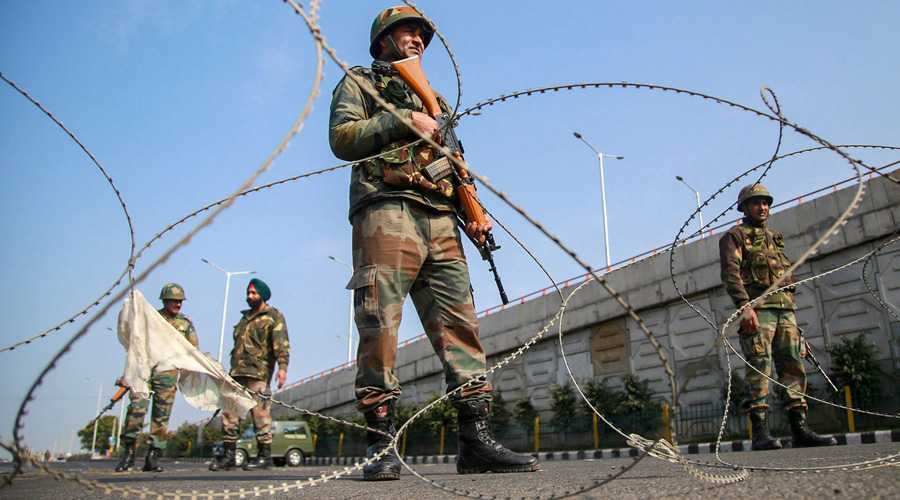Heightened tensions between Karnataka and Maharashtra in the west of the country and between Assam and Meghalaya in the Northeast over conflicting border claims serve as a potent reminder of India’s incomplete post-colonial journey in addressing lingering questions of history. Indians rightly take great pride in the country’s diversity. But those differences, which make India a rich kaleidoscope of myriad cultures, can — if fanned for narrow political interests — also turn the country’s landscape into a map of ever-simmering inter-state territorial disputes and identity wars. It is poignant that some of these tensions are erupting as India celebrates 75 years of independence from the British. Maharashtra has for long claimed parts of Karnataka, most prominently the district of Belagavi along their border. Karnataka has rejected those demands. But comments in November by the Karnataka chief minister, Basavaraj Bommai, claiming that some villages in the district of Sangli in Maharashtra wanted to join the southern state because of water woes, set off a fresh round of angry exchanges. Meanwhile, Assam police fired on an alleged mob along that state’s border with Meghalaya recently. Six people were killed in the incident that has cast a shadow over efforts by the two states to resolve their border disputes. Assam also has unresolved border niggles with Mizoram, Arunachal Pradesh and Nagaland. In the north, Himachal Pradesh has ongoing disputes with Haryana and Ladakh.
These territorial contests are part of a larger set of differences over resources between states — over access to river waters, for instance — and fears over more influential parts of the country imposing cultural hegemony, such as with Hindi in southern India. These grievances are legacies of complex historical events. But instead of finding solutions that are acceptable to most, successive state and Central governments have largely resorted to provocative politics aimed at electoral benefits. Karnataka and Meghalaya both have assembly elections in 2023. Invariably, ordinary people suffer from the resultant violence and economic blockades. India must draw a different line in the sand. While states decide how best to settle their disputes, India needs a national, Centrallyenforced moratorium on actions that directly hurt people along state borders. The Election Commission must punish parties and politicians who engage in border provocations. Political elites must not be allowed to inflame passions along disputed borders to satiate their electoral appetites and territorial ambitions. Indian democracy deserves better.











